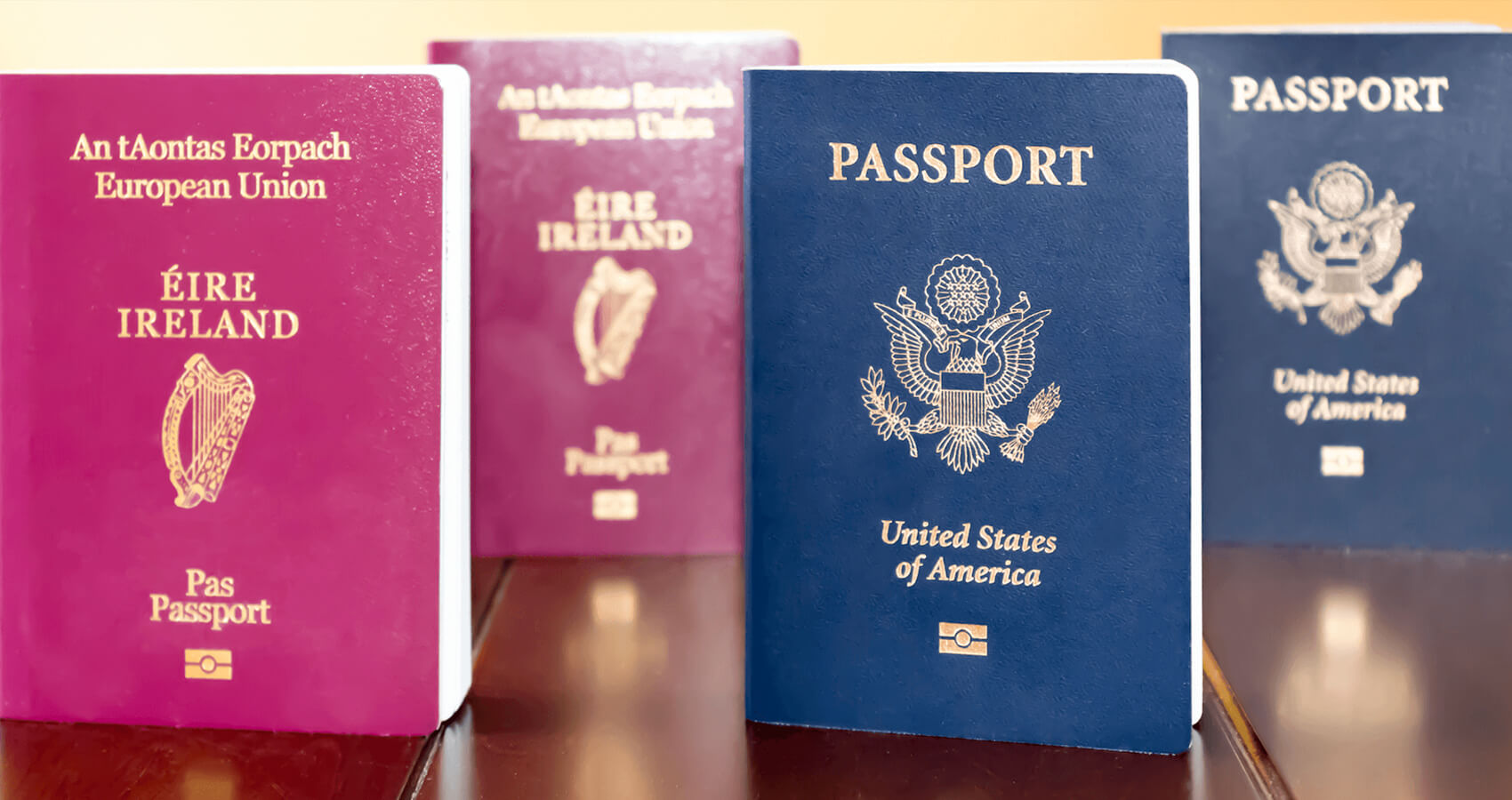Before the coronavirus pandemic, holding a U.S. passport granted visa-free access to 185 countries around the world. The American passport wasn’t the most powerful on earth (that honor belongs to Japan), but it still got most of us where we needed to go. Until now.
With current E.U. restrictions and other pandemic-related travel bans, there are currently much fewer places where Americans can go. Frustrated by this newly hampered mobility, some are seeking dual citizenship, often as an opportunity to reconnect with the country their parents or grandparents came from, or to reevaluate their careers and potential business opportunities overseas. Whatever the reason someone seeks a second passport, the process of obtaining one can be long and complicated. We spoke to travelers exploring their options, from buying real estate overseas to tracing their family tree.
Your grandparents could help with dual citizenship
The list of countries offering ancestral citizenship to foreign nationals who can prove family ties is enticing—with Canada, Ireland, the U.K., New Zealand, Italy, Lithuania, Poland, Mexico, Vietnam, Israel, Brazil, Austria, Hungary, and Spain among them.
Tammy O’Hara, owner of Million Miles Travel Agency in Brooklyn, devoted part of her quarantine to gathering the birth certificates, photos, and affidavits she needs to apply for dual citizenship in Jamaica. Her reasons are both business and personal. “It will be more convenient to move around the different islands as a [Caribbean] citizen, with shorter lines and expedited customs,” says O’Hara. She also wants to diversify her income through overseas investment, have the flexibility to work remotely and retire outside the U.S., and get “more in tune” with her Jamaican ancestry. “I was born in the USA but grew up surrounded by Jamaican culture because of my family,” says O’Hara. “But sometimes I still felt different, like I wasn’t a ‘real’ Jamaican.”
Alissa Musto, an American cruise ship entertainer who’s been out of work since March, began researching second passports before the pandemic for career reasons. Cruises in the Mediterranean and Europe are starting to resume, and jobs are cropping up at global theme parks and resorts. Yet with only an American passport, she can’t apply.
Having dual citizenship is not unusual in the cruise industry. “Most countries don’t make seafarers pay income tax, but the U.S. and the Netherlands still do,” says Musto. “It makes sense for American and Dutch ship workers to have their permanent addresses somewhere else: Aruba, England, Sweden.” Musto, who has both Italian and Czech ancestry, is now working with an immigration attorney to apply for ancestral citizenship in the Czech Republic.
L.A.–based immigration attorney Parviz Malakouti, meanwhile, is applying for both simplified Hungarian naturalization as well as a “Slovak Living Abroad” certificate, which bestows a record of nationality on people of Slovak descent who were born abroad. The former required hiring an amateur genealogist in Hungary to hunt down supporting documentation, including baptismal records from a 19th-century church. Malakouti is also teaching himself Hungarian, another requirement of naturalization. “I’m going through this to have ‘citizenship insurance’ and access to live, work, and open a business in the entire European Union,” he says. “It’s about having more options.”


